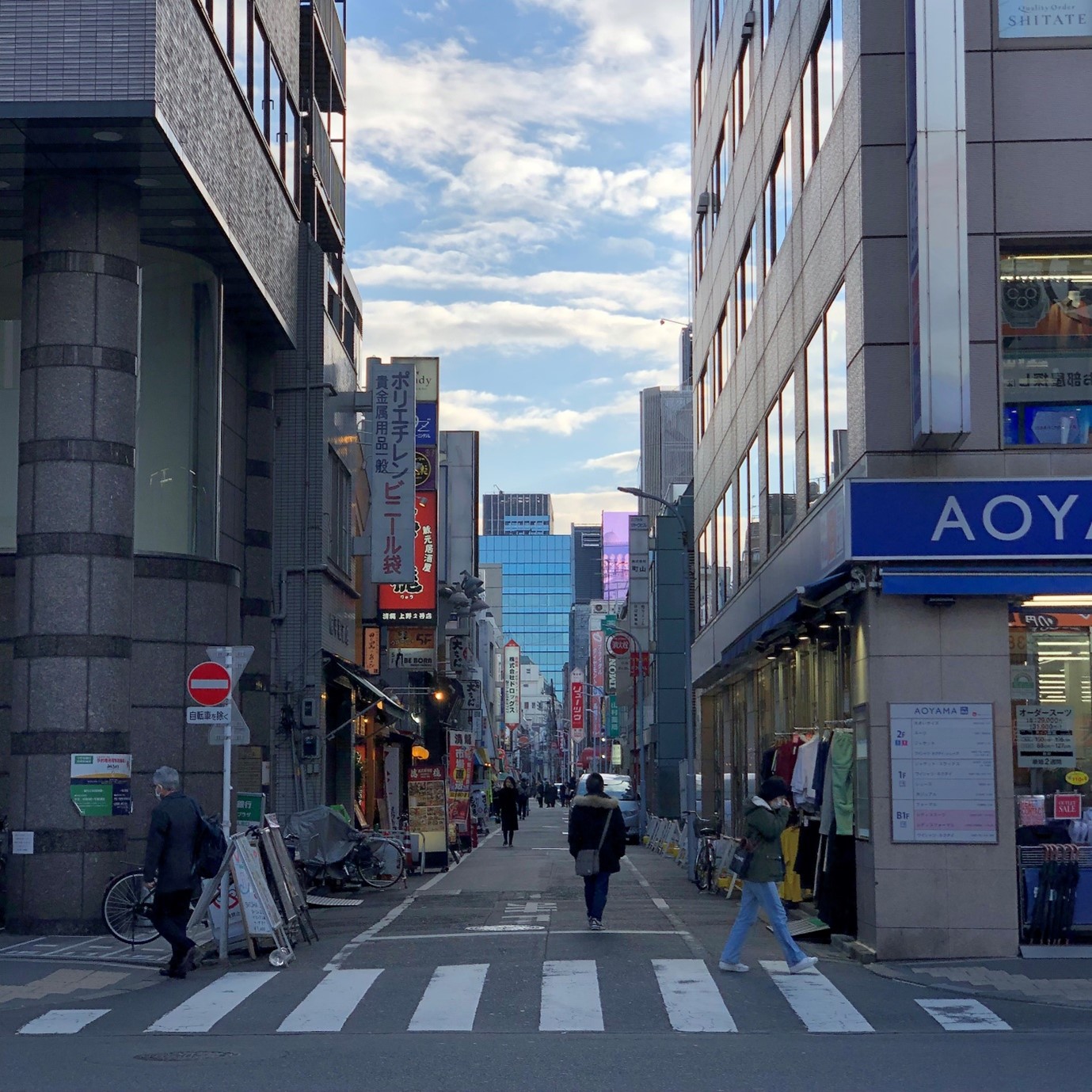Advice for up-and-coming designers.
There is an Ancient Chinese proverb that it is better to travel 10,000 miles than to read 10,000 books “ 行万里路胜读万卷书 ”.
I am originally from Perth and undertook my bachelor’s at The University of Western Australia. After completing this I was seeking an alternative cultural perspective, so I moved to Beijing, China to study my master’s at Tsinghua University. I felt that I had a Eurocentric lens of architecture and the world, so I wanted to challenge these views and my own biases.
I believe that architecture is a global discipline that traverses cultures and boundaries and should not be restricted to the confines of a singular identity or view.
Outside of work I love to travel and explore different cultures and perspectives. The more you can understand how people think, feel, and inhabit the world, then the better you will be able to design for them.
I highly value my international experiences and the time I spent living in China, and would strongly encourage other young people to pursue and accept any chance to live, work or study abroad.

Travel can also help you become aware of your own biases, and for architects this can help to create a more inclusive built environment. Given the permanence of construction, architecture has direct impact on our environment, culture, and economics. Conscious design is crucial in the construction of a more equitable society.
The construction industry is a leading contributor to biodiversity loss globally. If architecture is viewed as a collective good, it can be a catalyst for recovering urban quality and wellbeing, and to replenish the natural environment. I am passionate about environmentally regenerative design and how architecture and the construction industry can help curb climate change and biodiversity loss.
Climate change and the environment are vitally important to my generation, and we’re passionate about a more environmentally sympathetic urban sphere. I have a lot of optimism for the future of architecture, and I’m confident that the current architecture student cohort will help to design a more sustainable and regenerative future.

I feel fraudulent giving advice to students, as I am only freshly out of university myself. But I’d encourage you to always be authentic to yourself yet critical of your own biases. I think in this rapidly changing world it is important to evolve and innovate, and to find the courage to be curious.
Everyone can be passionate and inquisitive, to find intrigue in both the extravagant and the mundane. Finding fascination in the spontaneity and randomness of life is what keeps it fun, and this can be translated into your work.
